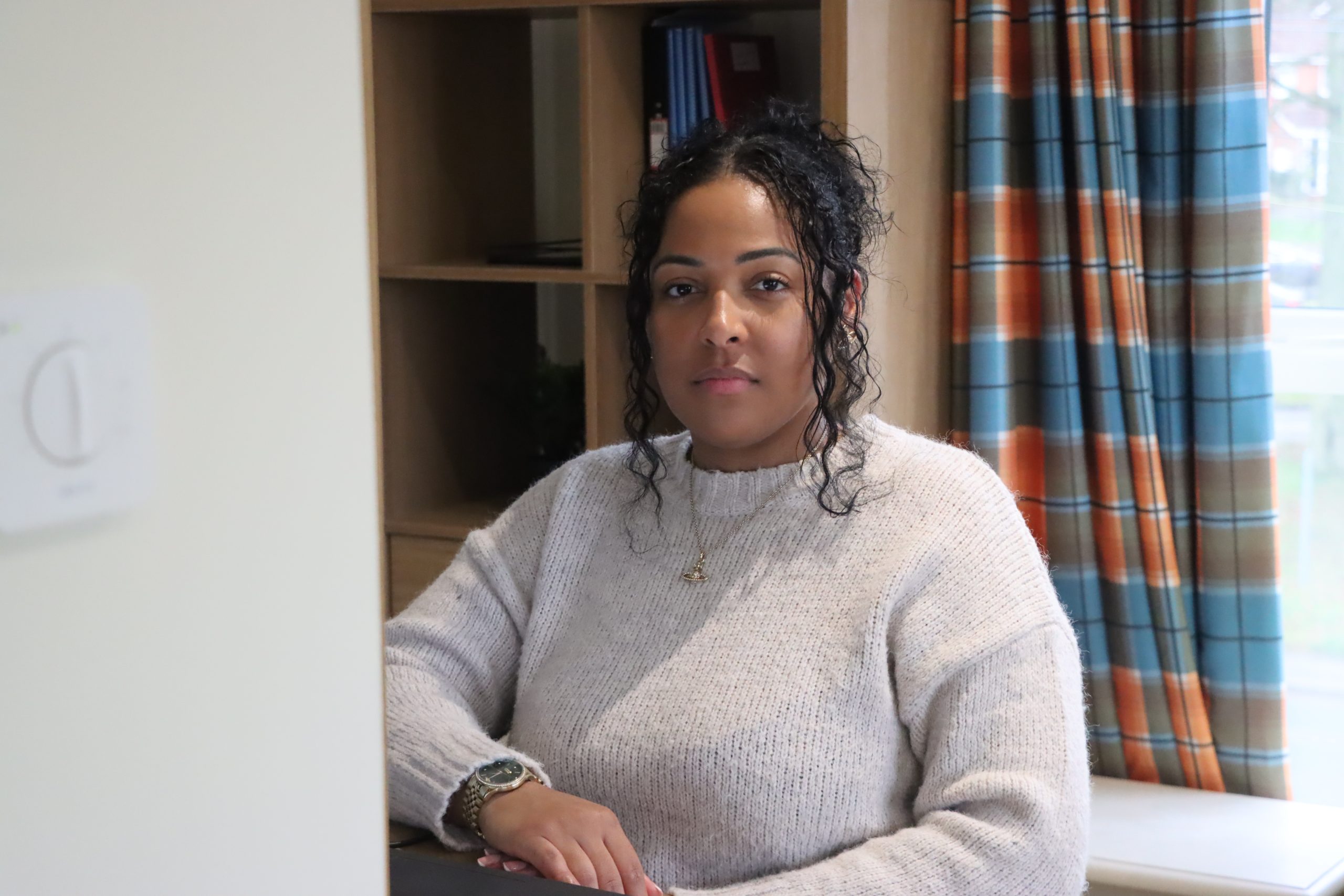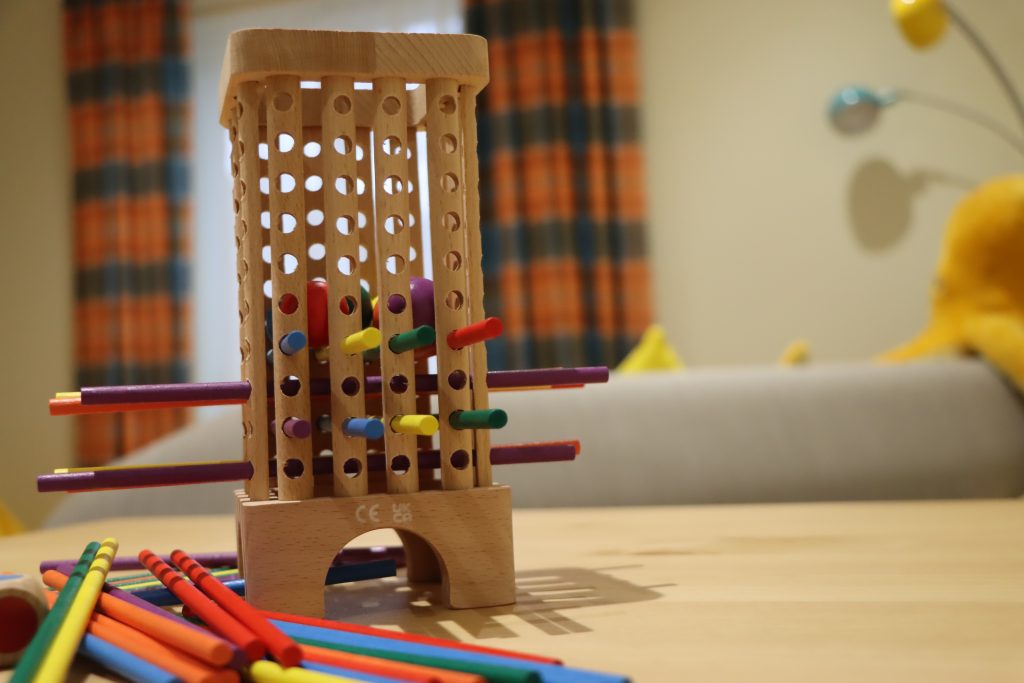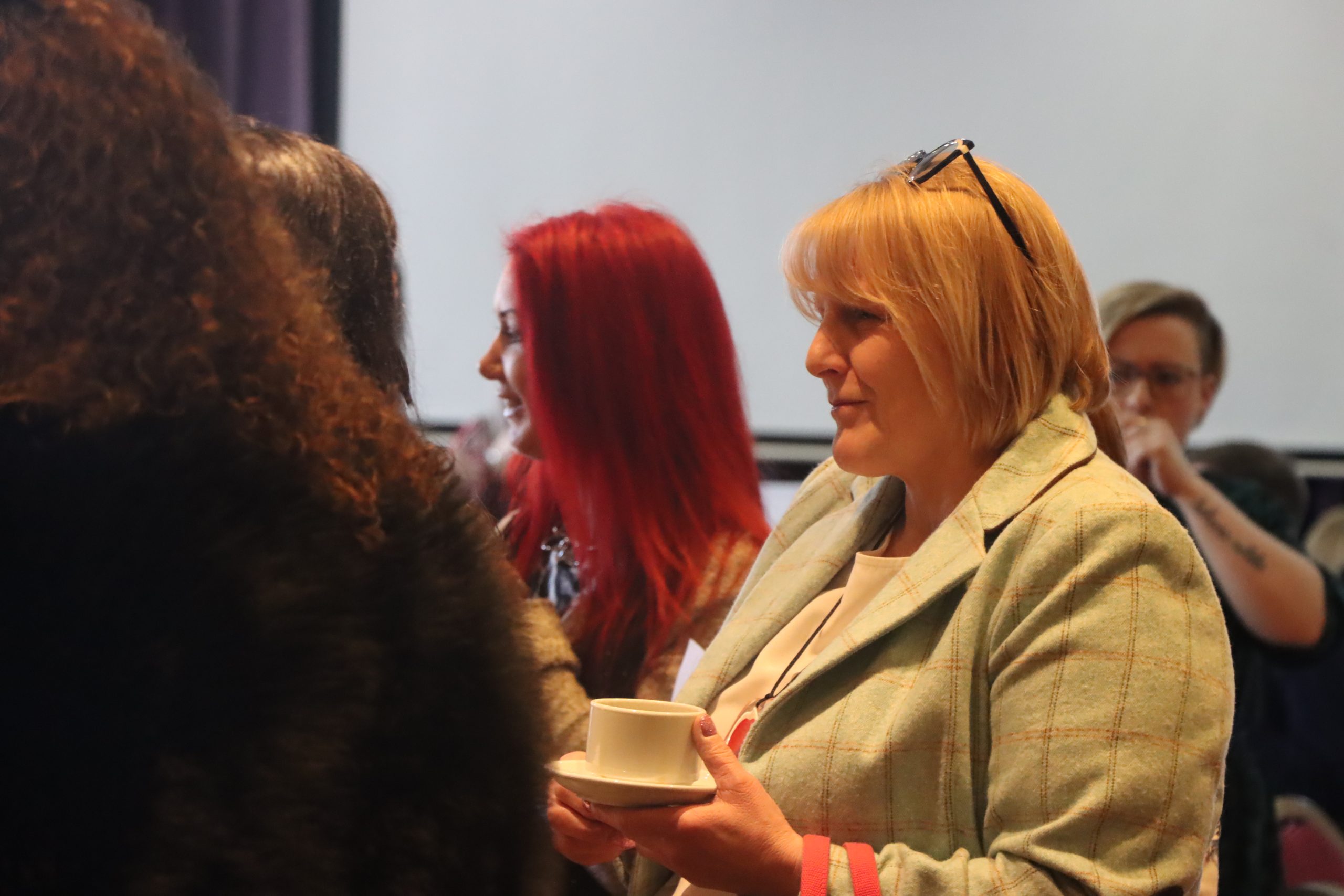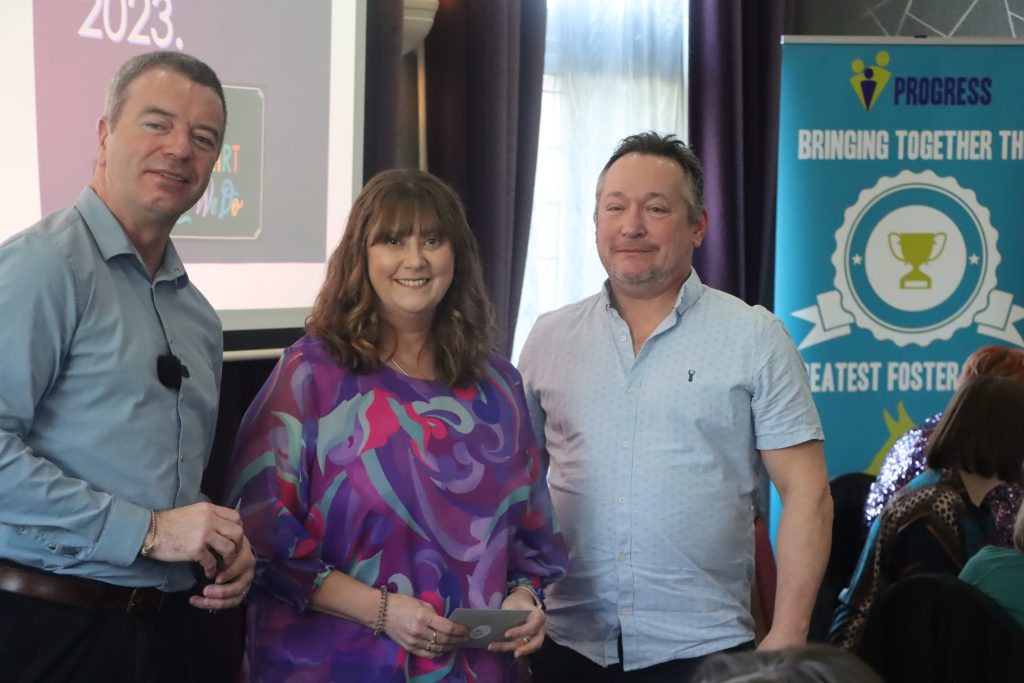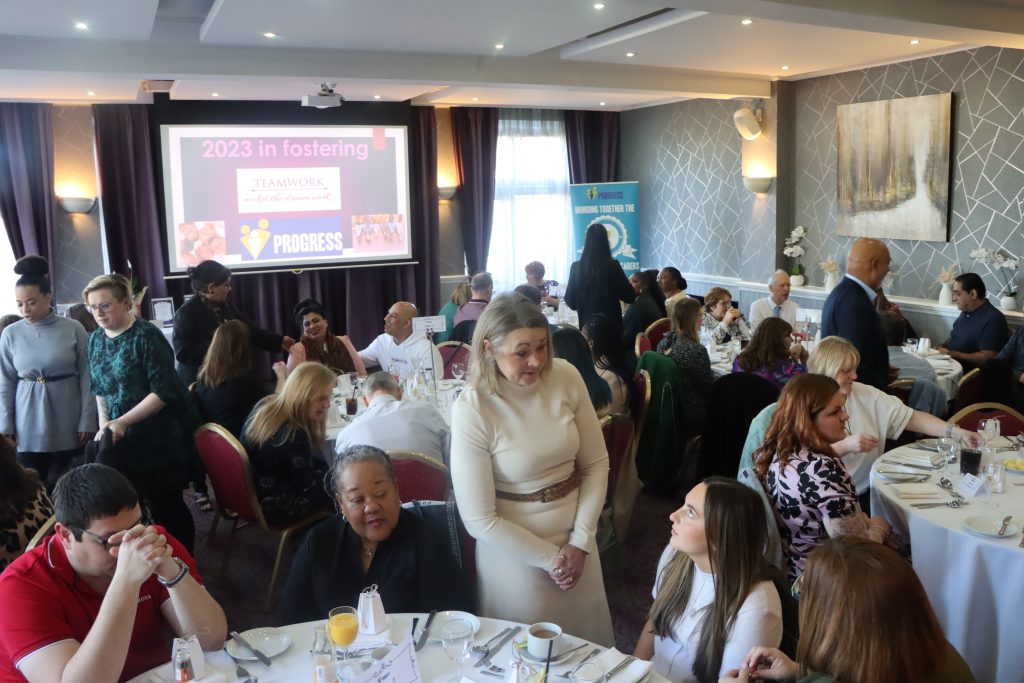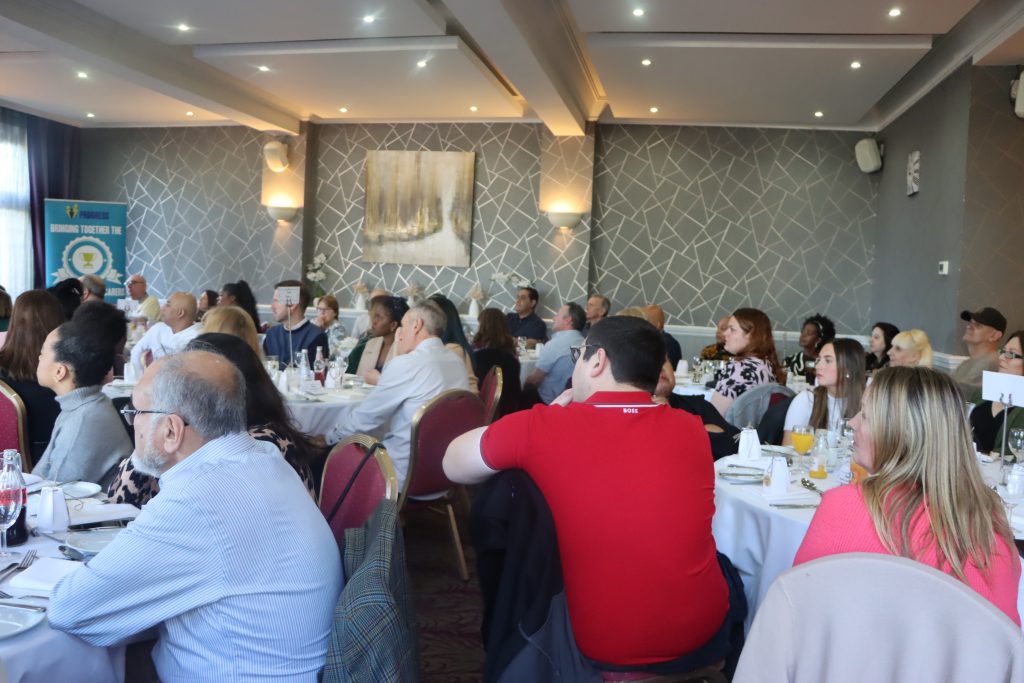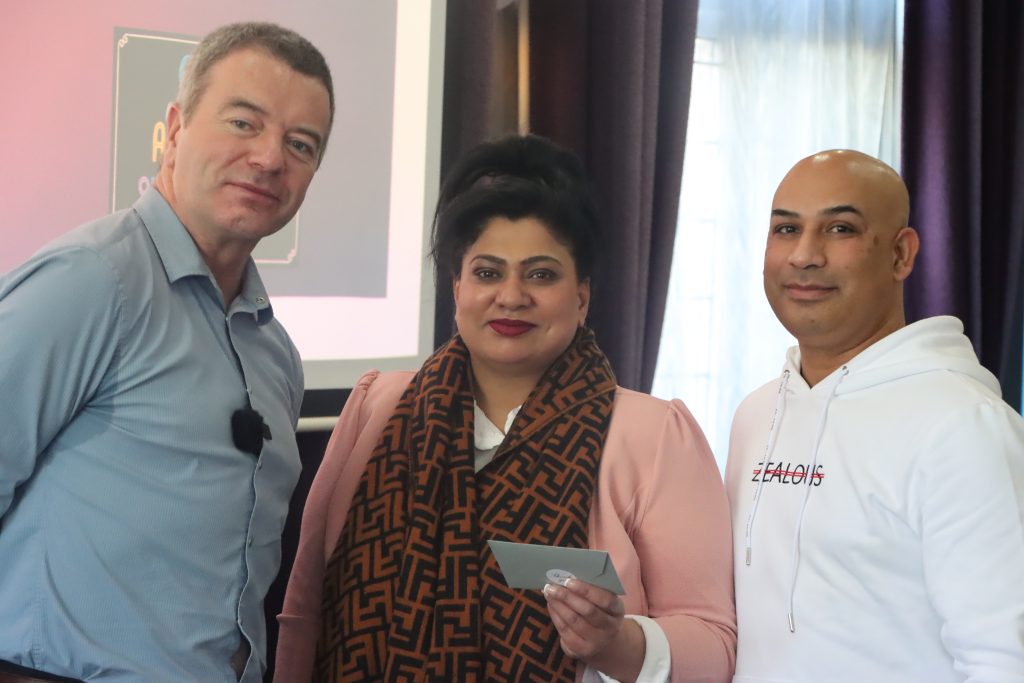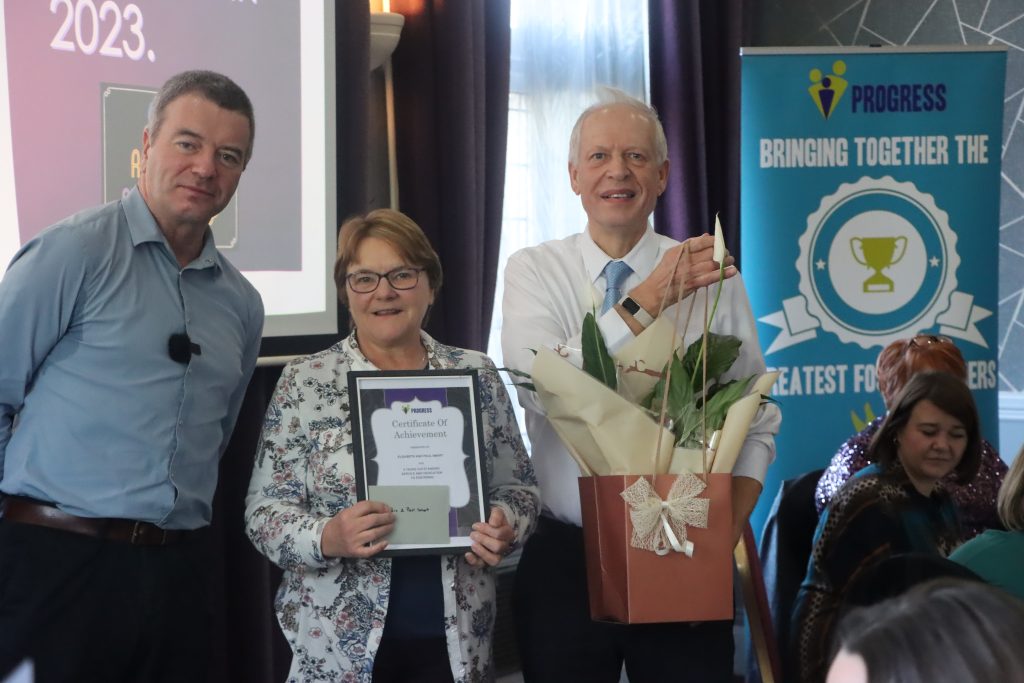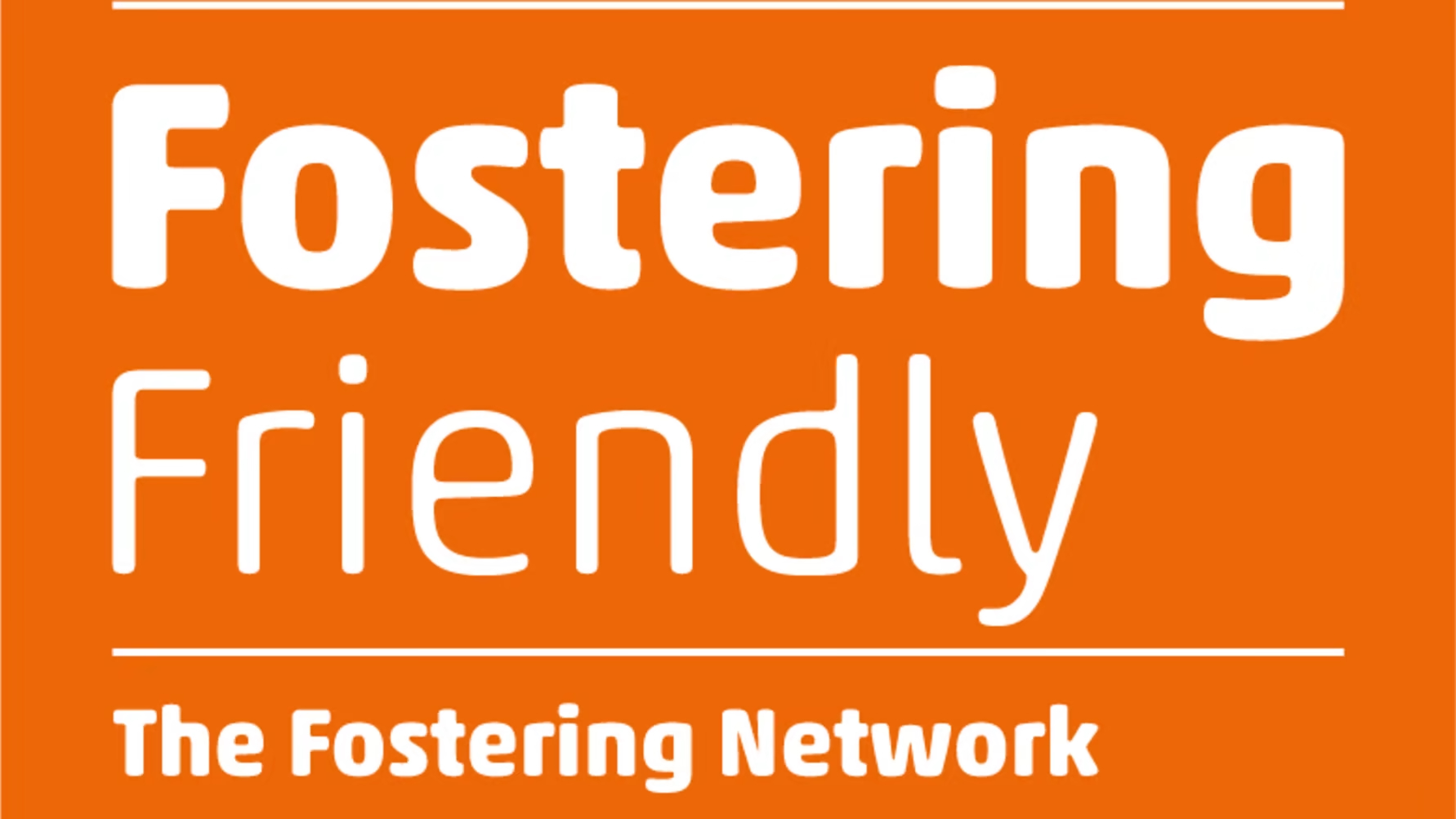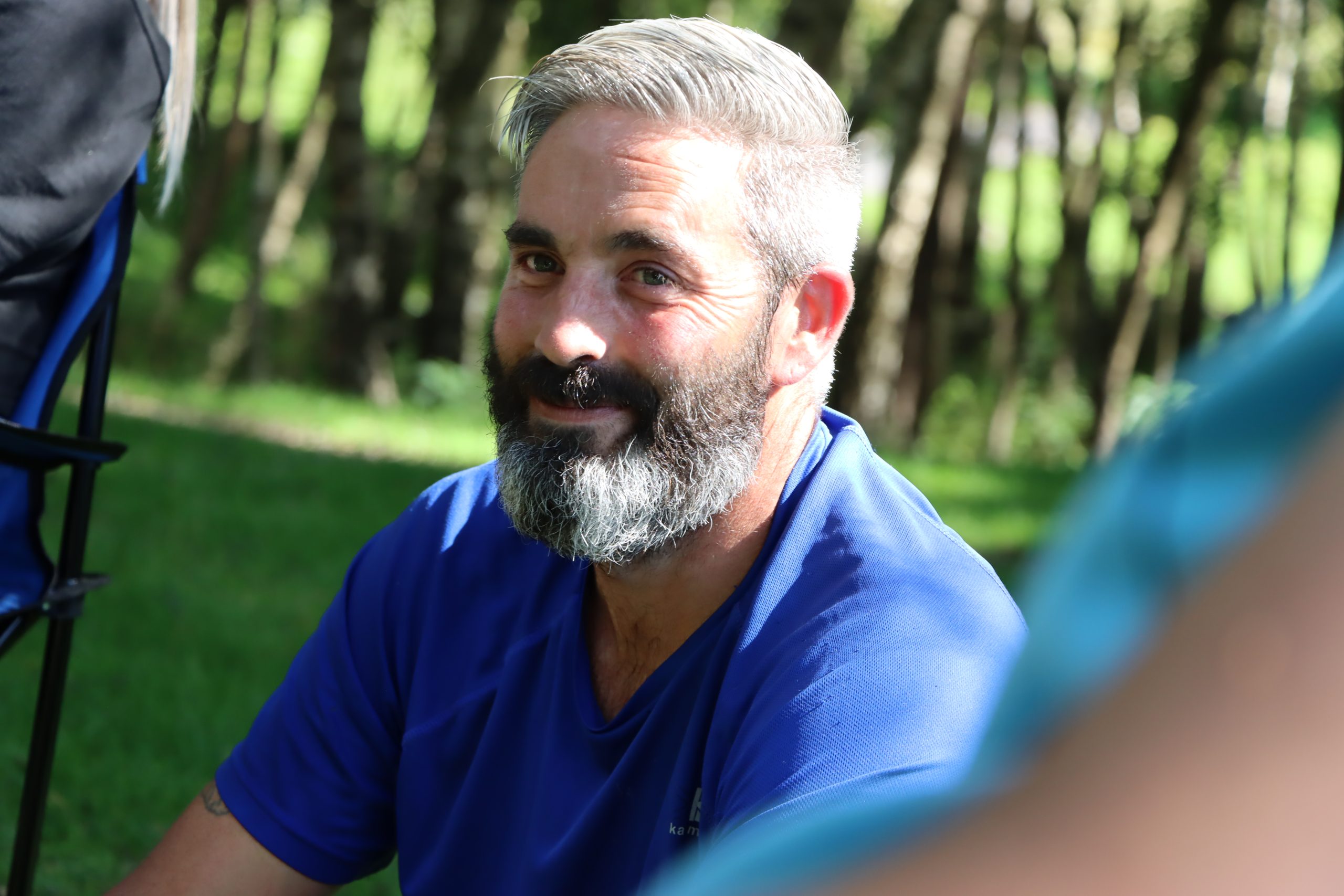Empowering lives and building careers. Take a look inside the unique world of Progress’ adult respite service in Wolverhampton.
At Progress’ unique adult respite service, Amanda and Dawn, the Manager and Deputy Manager respectively, shed light on the exceptional work they do — the distinctive features, challenges, and heartwarming moments that make the service a shining star, a beacon of hope and an indispensable part of Progress.
The adult respite service offers support to individuals with diverse needs and challenges. Amanda, the manager, proudly emphasises its uniqueness and vastness, “We work with many local authorities, spreading our services widely.”
The service caters to individuals ranging from those working towards independence in adulthood to those needing specialised care due to their complex needs. Dawn explains, “We look at each person independently, developing plans for each person, treating them as an individual rather than just a respite service user.”
What sets this service apart is its commitment to viewing the young adults as individuals, each with unique needs. Amanda stresses, “We’re all about making sure that, in a nutshell, the young person is living their life with the adaptations, equipment, staff skill set, and guidance they need.”
The team prides itself on looking beyond the standard respite care model. Amanda explains, “Our skill set is unique because we specialise. We provide training tailored to individual needs, ensuring that no one is left out or faces barriers to support.”
A day in the life
The managers paint a vivid picture of the service’s fast-paced nature. Dawn notes, “No two days are the same. We can have emergency respite, urgent care meetings, or changes that alter our plans instantly.” The unpredictability challenges staff to stay flexible and think on their feet.
Despite the challenges, Amanda and Dawn express their enjoyment of the service’s dynamic nature. Amanda adds, “It’s the unknown that excites me. I like the challenge, putting my skills to the test, and learning more. Every day is different, and that’s what I enjoy.”
Success in this unique service demands a specific set of qualities. Dawn lists them: “Flexibility, adaptability, initiative, care, passion, and being energetic. You need to be creative and patient, adjusting to each individual’s pace and needs.”
Motivation amidst challenges
When asked about what keeps them motivated, both managers highlight the difference they make in individuals’ lives. Amanda expresses, “We’re here to make that difference and help them progress. That’s what puts a smile on my face going forward.” Dawn echoes this sentiment, emphasising the impact on young people’s lives.
Reflecting on memorable moments, Amanda and Dawn share their joy in being part of a growing team and witnessing positive changes every day.
Phil Mcdonald, Progress’ Head of Adult Services, adds that what is rewarding are the little moments “when we help someone to be more independent, manage their emotions in more positive way or taking someone on an activity that they’ve never done before”.
Excitement looms on the horizon as the team looks forward to further growth and improvement. Amanda acknowledges, “We’ve got a lot of exciting things to come.” Dawn shares the sentiment, expressing enthusiasm for being part of ongoing positive changes.

A fulfilling career path and a vibrant work environment
They described working at the service as an immersive experience filled with challenges, rewards, and an unwavering commitment to making a difference. Amanda and Dawn, with their extensive backgrounds, provide insight into the unique atmosphere that sets this service apart.
Amanda describes the service as a fast-paced, ever-changing environment where adaptability and initiative are crucial. She expresses her love for the unknown, highlighting the service’s unpredictability as a driving force that keeps her engaged.
Dawn adds the days are marked by diversity, where no two days look the same. The service’s fluidity demands staff to be on their toes, ready to navigate through emergencies and urgent situations, making every day unique.
Who thrives there?
Success in this dynamic setting requires a specific set of qualities. Dawn points out that staff members need to be flexible, adaptable, and able to use their initiative. Being caring, passionate, and energetic is essential. Amanda underscores the importance of a genuine desire to make a difference. “We look for someone who wants to join the service because they want to care and make a difference, not just for the sake of the money,” she notes.
The ideal candidate is someone who can balance the fast-paced nature of the service, from running around in high-energy situations to slowing down when needed, all while maintaining patience and creativity. The ability to treat everyone as unique is paramount.
Career, not job
One of the remarkable aspects of working at Progress is the opportunity for career progression. Amanda, for instance, has traversed various roles within Progress, showcasing the potential for growth and development.
Amanda, who joined in 2015, shares her journey from a flexible support worker to managing different homes within Progress. She said the service has allowed her to express her abilities in unconventional ways, showcasing the Progress’ adaptability and commitment to recognising and rewarding individual and collective strengths.
Dawn, relatively newer (18 months) to the respite service, attests to the sense of achievement she derives from being a deputy manager. They agree that Progress’ supportive atmosphere and a good rapport with the management team contribute to a positive work experience. The prospect of being part of ongoing exciting developments adds to the motivation.
Working at the adult respite service is not just a job but an immersive experience where individuals with a passion for care and a penchant for adaptability can thrive. The service’s commitment to recognising and nurturing talent ensures that employees can embark on a fulfilling career path.
There are career opportunities for experienced Support Workers at our residential home for Young Adults with Learning Disabilities, in Penn, Wolverhampton.
Shifts Available: Earlies and Lates OR Long Days – Full Time Hours
Contact us to book your space.
Send your CV to recruitment@progresscare.co.uk
Or call 01902 561 066





